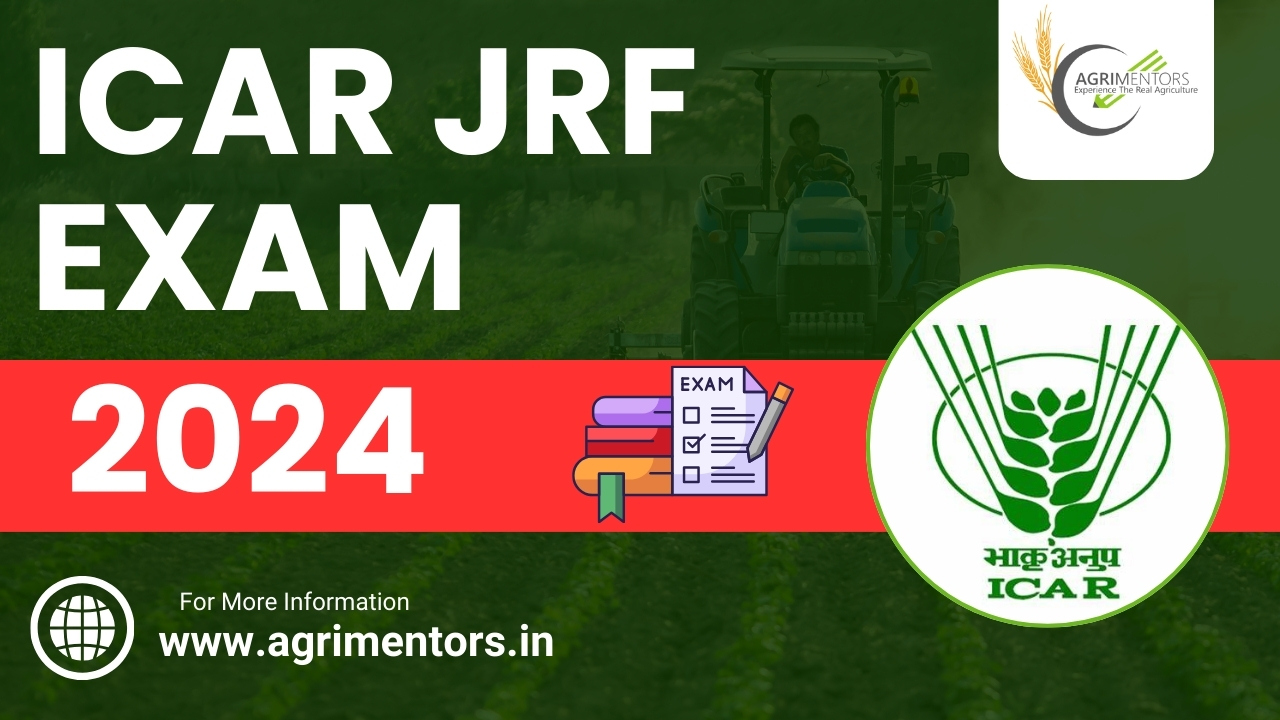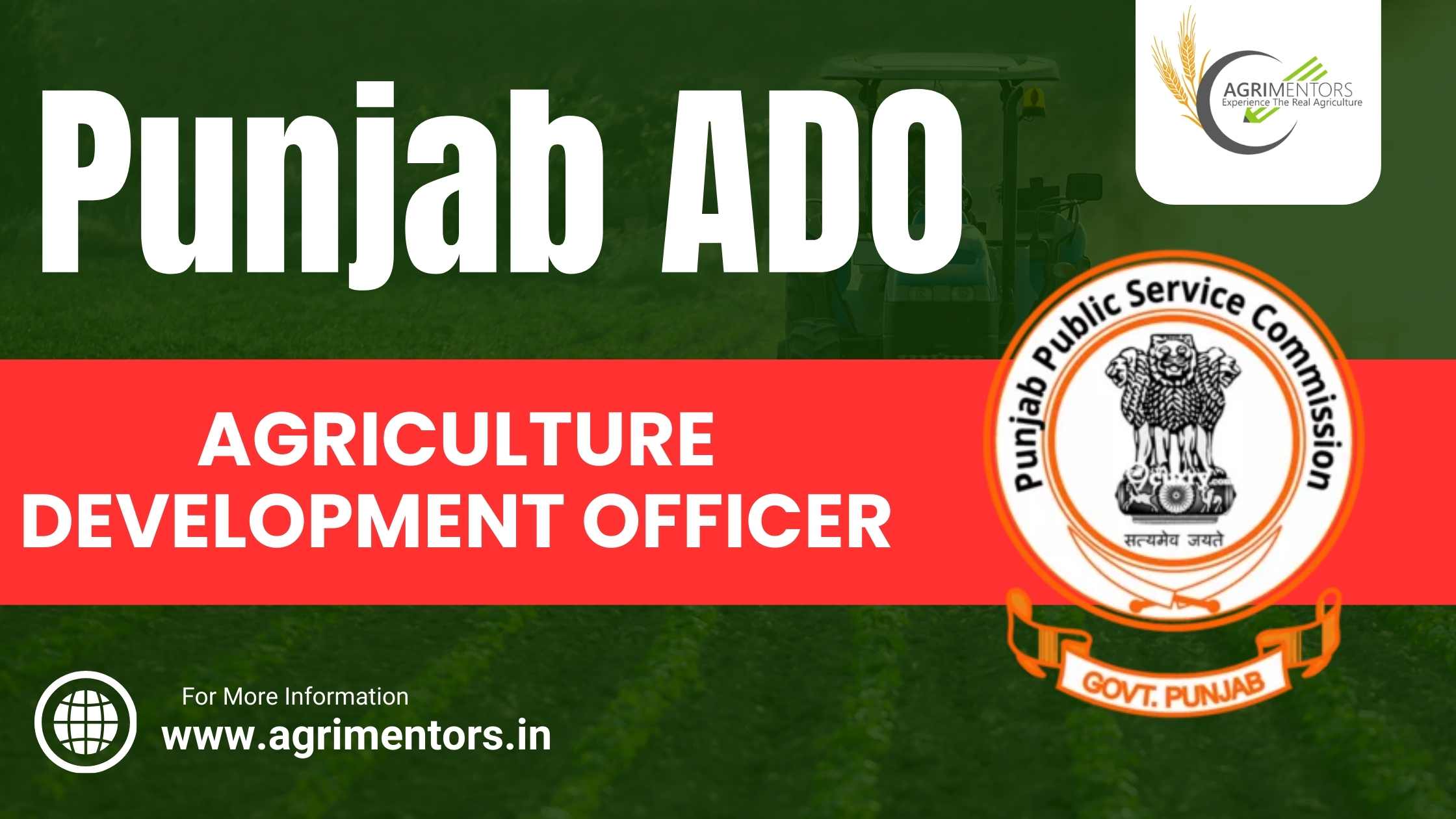
Punjab ADO (Agriculture Development Officer)
ADO: Eligibility for Exam
Should possess a degree in B.Sc. (Agriculture) (with minimum sixty percent marks) from a recognized University or Institution. Provided that preference shall be given to a person, who possesses a degree in M.Sc. (Agriculture) from any recognized University or Institution",
Should have passed Punjabi of Matric or its equivalent Standard
A direct appointee who is a resident of Punjab and a ward of Defence Service Personnel must pass a Punjabi Language examination equivalent to the Matriculation Standard or successfully complete a test administered by the Punjab Education Department within two years of appointment. This requirement is waived for War Heroes discharged due to disability, as well as their widows or dependents appointed under relevant government directives.
Subjects Covered
1.Part A of Syllabus
Agriculture
2.Part B of Syllabus
Punjabi
Mental Ability & Quantitative Aptitude
Logical Reasoning
General Knowledge
PATTERN OF THE WRITTEN COMPETITIVE EXAMINATION
PUNJAB ADO
Part-A (Subject)
Basic knowledge of Agronomy, Soil Science, Plant Breeding, Entomology, Plant Pathology and Extension Education. Growth and development of crops; weather and climate; crop classification. Farm tools and implements. Calculations on seed rate, plant population, fertilizer, herbicide, irrigation requirement, land measurements, etc. Technologies for improved cultural practices for different field crops starting from seeding to grain maturation. Field preparation, sowing methods, time of sowing, etc. Efficient management practices for tillage, fertilization, irrigation and drainage, weed control, nutrient re-cycling, mulches and crop residue management; crop rotation, multiple cropping, mixed cropping, intercropping. Crop diversification, precision agriculture, integrated farming system, organic farming and sustainable agriculture. Seed production of different field crops. Integrated disease and pest management in field crops
Part-B
General Knowledge, Logical Reasoning & Mental Ability
(A) General Knowledge & Current affairs
General Knowledge and Current affairs of National and International importance including:
(i) Economic issues.
(ii) Polity issues.
(iii) Environment issues.
(iv) Geography.
(v) Science and Technology.
(vi) Any other current issues.
(vii) (a) History of India with special reference to Indian freedom struggle movement.
(b) History of Punjab- 14th century onwards.
(B) Logical Reasoning, Mental Ability & Quantitative Aptitude.
(i) Logical reasoning, analytical and mental ability.
(ii) Basic numerical skills, numbers, magnitudes, percentage, numerical relation appreciation.
(iii) Data analysis, Graphic presentation charts, tables, spreadsheets.
Should possess a degree in B.Sc. (Agriculture) (with minimum sixty percent marks) from a recognized University or Institution. Provided that preference shall be given to a person, who possesses a degree in M.Sc. (Agriculture) from any recognized University or Institution",
Should have passed Punjabi of Matric or its equivalent Standard
Agriculture
Punjabi
Mental Ability & Quantitative Aptitude
Logical Reasoning
General Knowledge
Categories
Recent posts
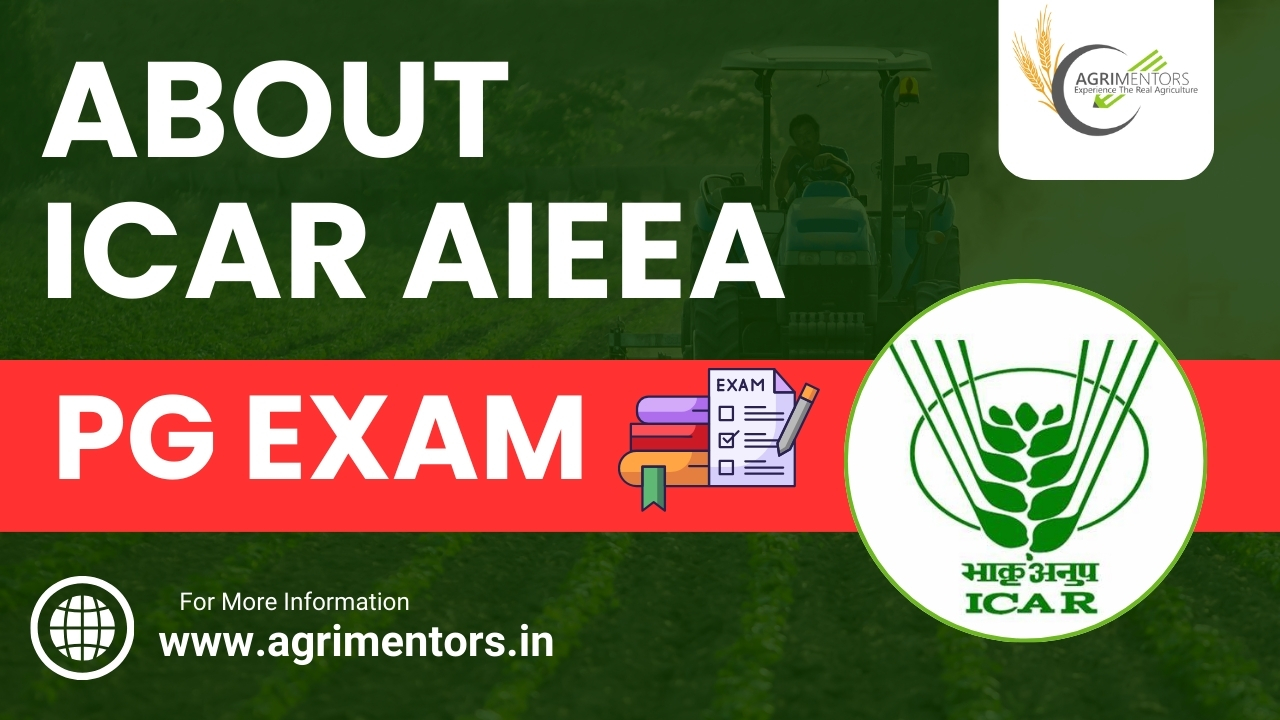

NABARD Grade A Exam
3 Jul 2024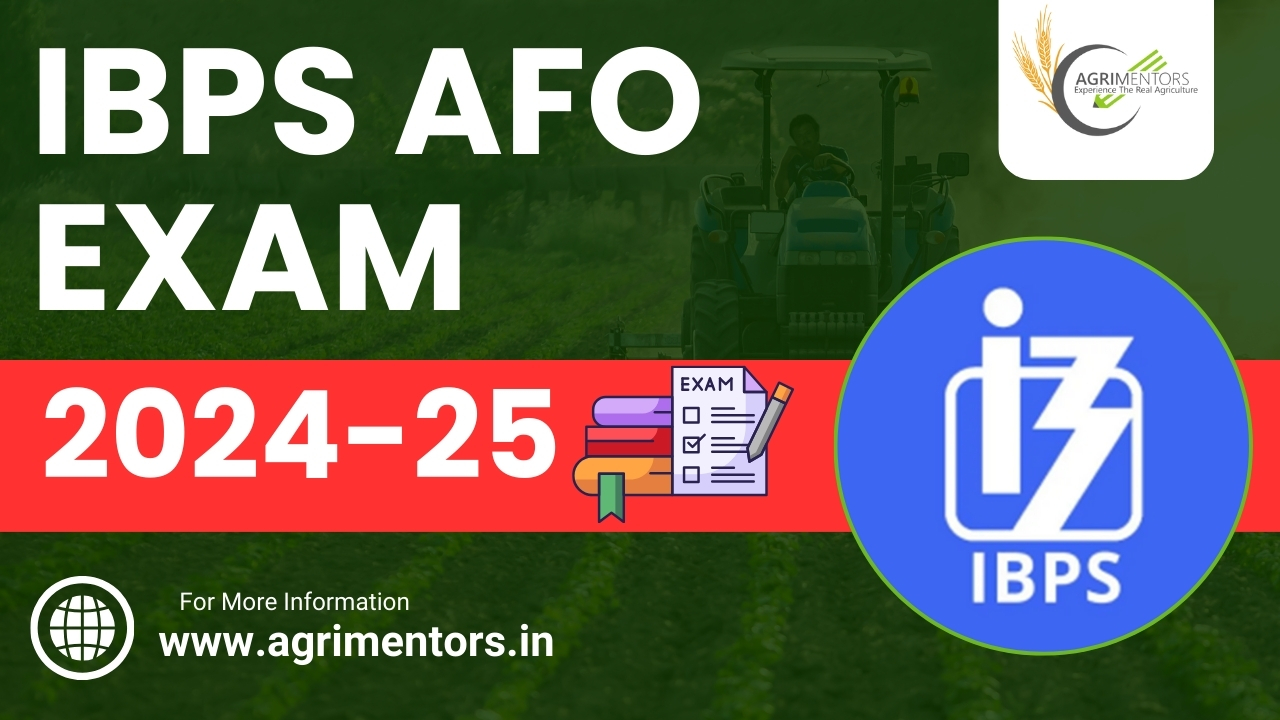
IBPS AFO Exam 2024-25
3 Jul 2024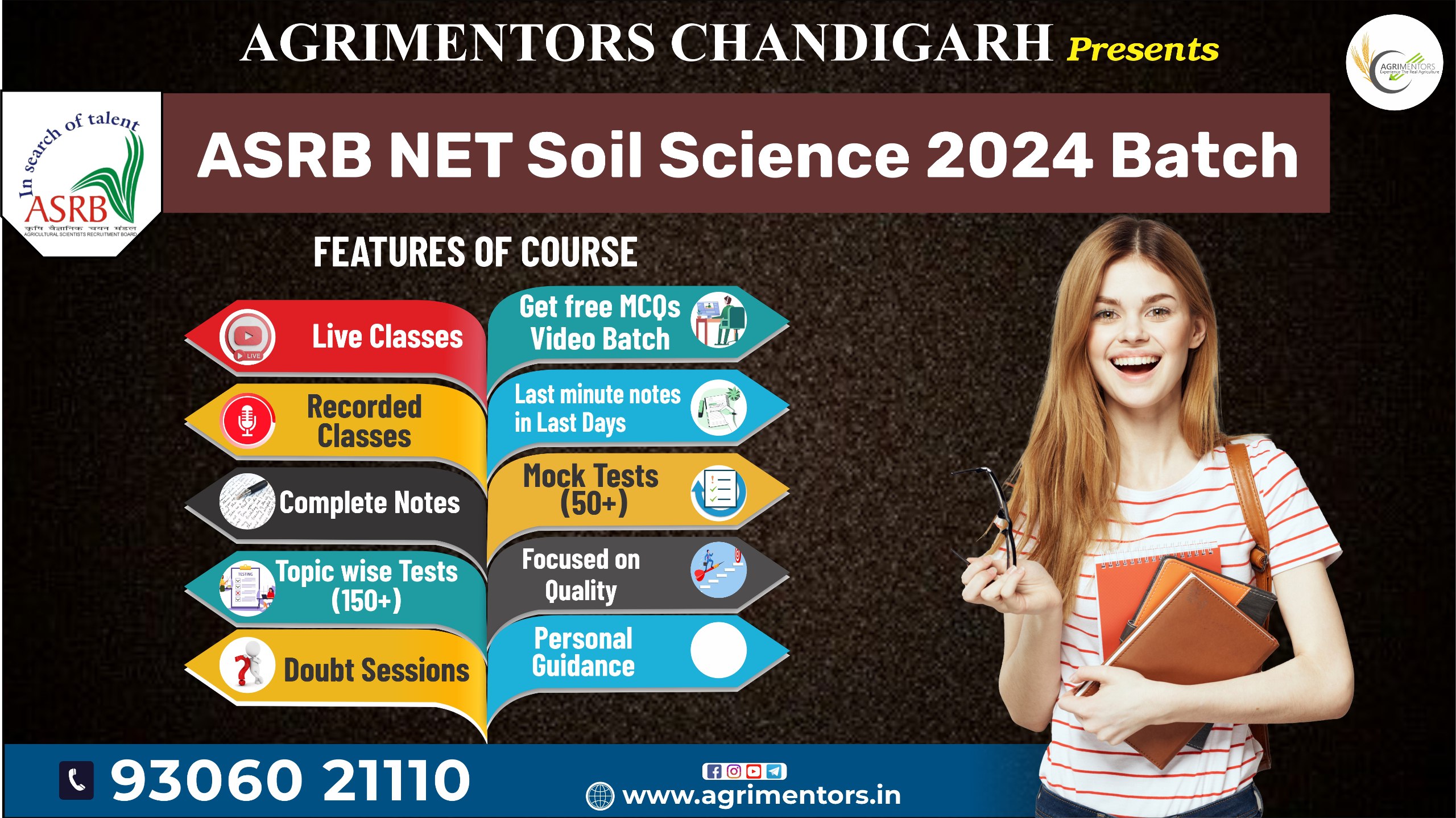
Syllabus
3 Jul 2024